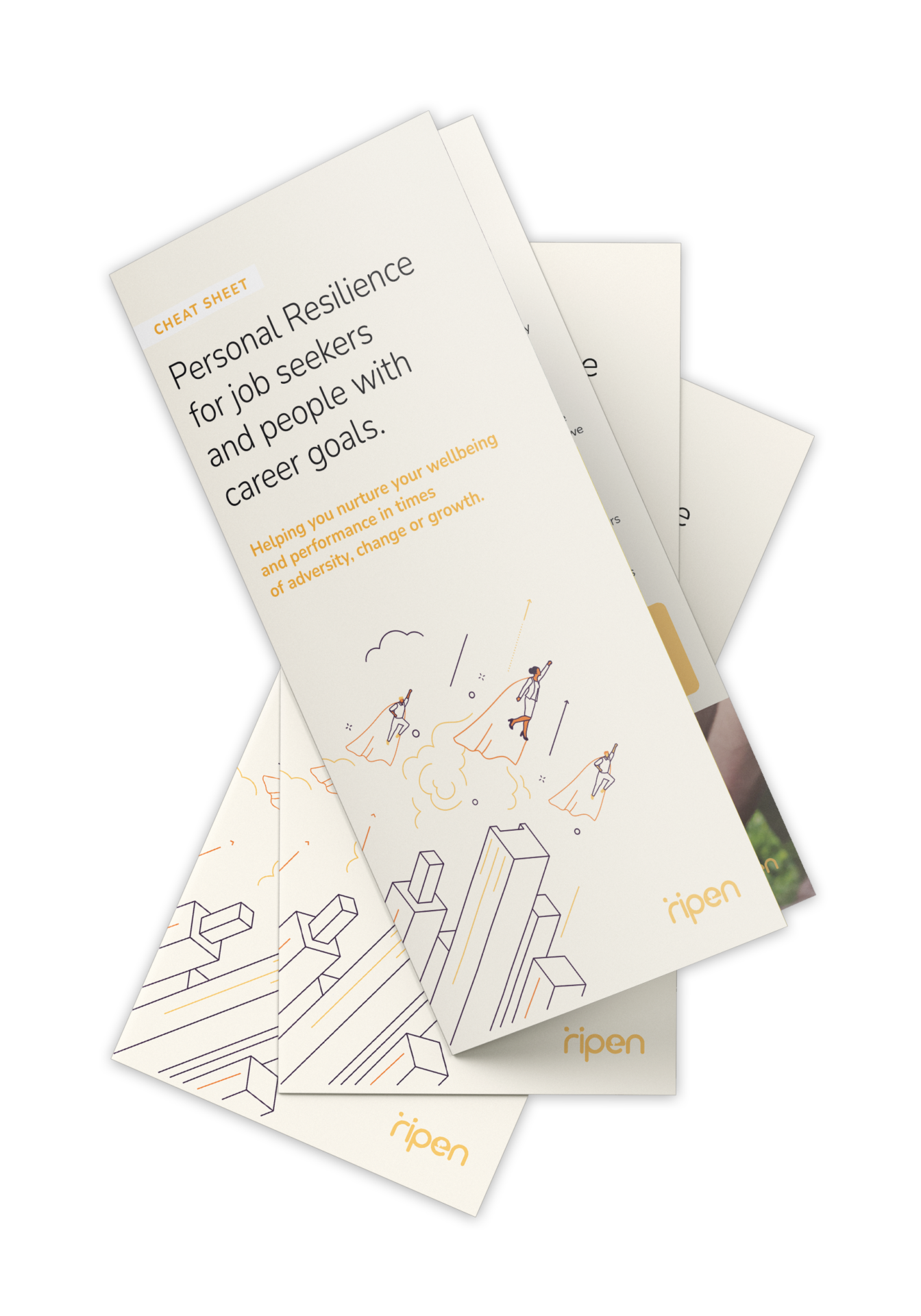When we perform self-evaluations that can’t be answered through objective (factual) measurements, we rely on either time-based comparison or social comparison.
Time-based comparison
Involves evaluating the way we are now in relation to how we were in the past.
This can be good or bad. If you are happy with the changes over time this will lead to a positive increase in your self-esteem. However, if the opposite is true and you are unhappy with the changes then you will experience a negative decrease in your self-esteem.
When self-evaluating the way you are now in relation to how you were in the past, try to be realistic with your evaluation. The past is never as clear as our memory tricks us into thinking. Research shows that the mood you are in at the time of memory retrieval directly correlates with the memories you recall. For example, if you are feeling sad and you look back on the past, the events you recall and the way you perceive them will be consistent with your present moment feelings of sadness. The same is true if you are in a present state of happiness, anger, jealousy etc.
Being mindful of your present state emotions when performing a self-evaluation will therefore help you avoid such emotions incorrectly influencing your perception of how things were in the past compared to now. Try not to perform self-evaluations during bouts of tiredness, stress or when you’re feeling lazy because you’ve just eaten a delicious doughnut and you missed your daily gym session.
Social comparison
Involves evaluating ourselves in relation to others.
Again, this can be good or bad. We use what psychologists call ‘reference groups’ for performing our social comparisons. You can think of reference groups as the categories of people to which you compare yourself. For example, you may be comparing yourself to your closest friends for your level of social status, peers at work for your level of intelligence, the individuals you see at the gym for your level of fitness, or your classmates from school or college for your level of career success.
The performance of people in these reference groups can directly influence your self-esteem. For example, if being slim, strong and attractive is important to you, knowing that someone in your reference group is slimmer, stronger and more attractive than you can lower your self-esteem.
Therefore, when self-evaluating using social comparison, pick your reference groups carefully! Young women who have international beauty icons such as Margot Robbie as their reference group for evaluating their own beauty, will likely never be happy with how they look compared to Margot Robbie and their self-esteem will always be lower than it could be through having a more realistic reference group. Young men who have the likes of Steve Jobs as their reference group for evaluating their level of career success, will likely never be happy with their achievements compared to Steve Jobs’ and their self-esteem will always be lower than it could be through having a more realistic reference group.
Strategies for protecting or maintaining your self-esteem during social comparison includes ‘downward social comparison’, which is choosing to compare yourself with reference groups who are not as good as you are. Upward social comparison is choosing to compare yourself with people who are doing much better but whom you feel “if they can do it, so can I”. You may also choose to exaggerate the ability of the person or people you are comparing yourself too, so that your own performance doesn’t look so bad compared to such an able competitor.

